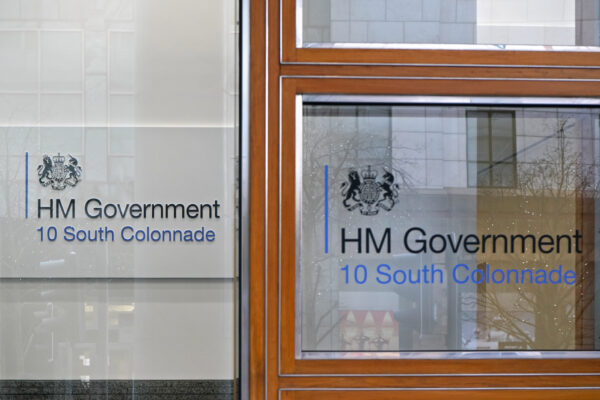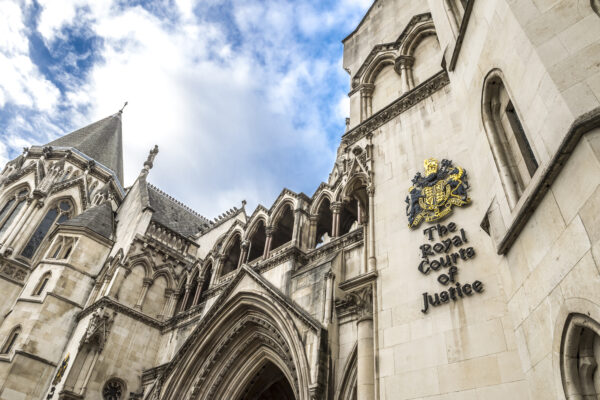Prisoners succeed in oral hearings challenges in the Supreme Court
9 October 2013
The Supreme Court has today handed-down judgment in the cases of Osborn, Booth and Reilly v The Parole Board [2013] UKSC 61 and allowed all three appeals. Vijay Jagadesham of Garden Court North Chambers has represented the appellants Osborn and Booth from the outset of this litigation in 2009. In the Supreme Court he was instructed by Iain Oliver of Ison Harrison Solicitors and Jen Regan of Scott-Moncrief & Associates, and led by Hugh Southey QC of Matrix Chambers, who also appeared in the Court of Appeal.
These appeals concerned challenges brought by prisoners in relation to the Parole Board’s refusal to grant them an oral hearing.The Court was asked to consider what fairness requires in such circumstances and, in particular, whether the prospects of success of the prisoner’s application for release/transfer was relevant to that question.
As set out in the Supreme Court’s Summary:
In allowing these three linked appeals the Supreme Court has today given clear guidance on when a prisoner should have an oral hearing before the Parole Board; under common law fairness requirements and article 5 (4) of the European Convention for Human Rights, which guarantees a detainee a speedy review of the legality of his detention. Lord Reed (giving the sole judgment) examined the wider ‘virtues’ of fair decision-making, beyond its utility to the decision-maker, as well as the irrelevance of prospects of success. He reviewed also the interaction between the common law and the European Convention, observing that the latter cannot be treated as if “it were Moses and the prophets”. The effects of this judgment are likely to reach far beyond the prison context, therefore (see Comment below).
Urgent change is likely to be required in the Parole Board (e.g. see [92] et seq.): its published guidance on oral hearings was described as “thoroughly illogical” ([17]), and it had continued to demonstrate “institutional reluctance” to granting oral hearings ([77]), despite earlier warnings from the House of Lords in R (West) v Parole Board [2005] UKHL 1; [2005] 1 WLR 350. Moreover, “most” post-tariff prisoners should now have their cases reviewed at an oral hearing as a consequence of this judgment ([112]). This in itself will necessitate a significant increase in resources for the board ( not least given that the UK has more prisoners serving life sentences than the rest of the Council of Europe States put together).
There is a report of the case in The Independent.





